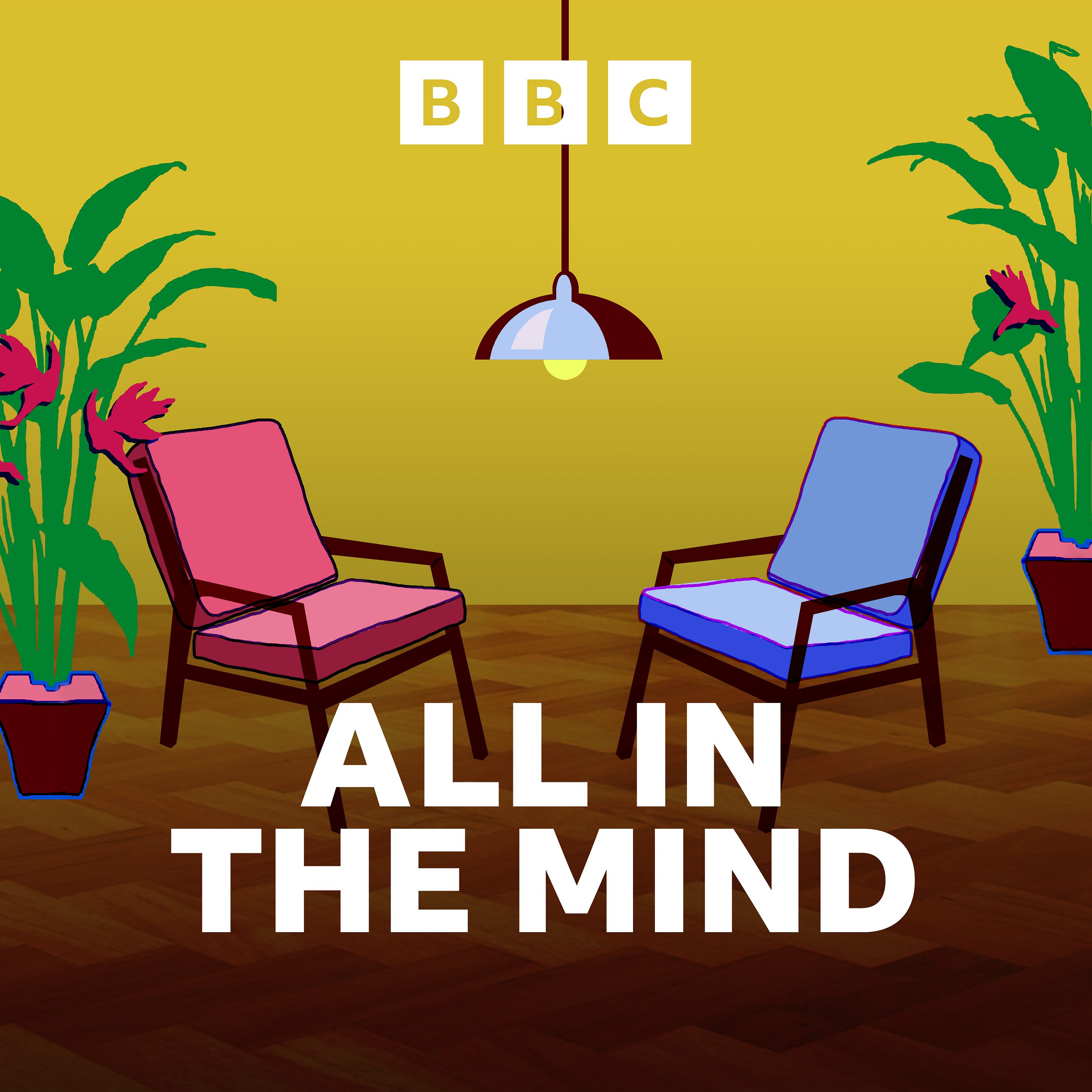

All in the Mind
BBC Radio 4
The show on how we think, feel and behave. Claudia Hammond delves into the evidence on mental health, psychology and neuroscience.
Episodes
Mentioned books

6 snips
Nov 25, 2025 • 28min
Navigating the Pacific without technology
Join Jane Aspell, a psychology professor, as she reveals how using an illusion of our younger selves can enhance memory recall. Hugo Spiers shares fascinating insights from navigating the Pacific with master sailors using only ocean swells, shedding light on traditional navigation techniques and their implications for understanding the brain. Daryl O'Connor discusses the power of self-affirmation to improve well-being and the surprising effects of repeated public health messages on brain engagement, offering innovative solutions for better communication.

Nov 18, 2025 • 28min
Asylum hotels and mental health
Dr. Peter Olusoga, a senior psychology lecturer, shares intriguing insights on a study linking an acne drug to lower schizophrenia risk. Dr. Janelle Spira, a clinical psychologist studying asylum accommodations, reveals how living in hotels harms mental health due to safety concerns and social isolation. She emphasizes the need for better housing alternatives. Dr. Stephanie Fitzgerald offers refreshing strategies to reframe winter positively, suggesting it can be a season of productivity and planning rather than gloom.

8 snips
Nov 11, 2025 • 28min
Are mental health classes in schools working?
Claudia Hammond hosts a captivating discussion with Dr. Lucy Foulkes, a mental health researcher, who reveals how universal mental health classes in schools may actually increase anxiety. Professor Catherine Loveday uncovers fascinating research showing how astrocytes enhance emotional memory and why musicians may feel less pain. Adding to the conversation, Professor Dwight Hennessy explains the psychology behind road rage and offers practical tips for de-escalating conflict on the road. A thought-provoking blend of science and real-world insight!

Nov 4, 2025 • 28min
Should we be using trigger warnings?
Daryl O’Connor, Professor of Psychology at the University of Leeds, and Stephen Grosz, a psychoanalyst and author, discuss compelling insights on well-being and relationships. O'Connor reveals how discrimination is linked to inflammation, highlighting the health benefits of kindness. Grosz unpacks the complexities of gift-giving, explaining how it can sometimes control rather than connect people. They also delve into the effectiveness of trigger warnings and the potential of safe-space notifications to foster open discussions.

Oct 28, 2025 • 30min
Are there multiple subtypes of autism, and how vivid are your memories?
Uta Frith, a pioneering autism researcher, discusses new findings suggesting autism may have multiple subtypes rather than a single spectrum. Catherine Loveday reveals how socioeconomic factors influence brain development in children. Kasia Mojescik and Martha McGill introduce a new study aiming to understand what makes memories vivid, examining the effects of olfactory cues and cultural contexts. The guests also explore how music can evoke powerful memories and even impact dining experiences.

Oct 21, 2025 • 28min
Why do we hoard?
Daryl O'Connor, a psychology professor, shares insights on environmental sensitivity and its ties to mental health issues like hoarding disorder. Clinical psychologist Dr. Sarah Barrett discusses therapeutic strategies for individuals grappling with hoarding, highlighting the significance of addressing anxiety and shame. They explore Claire's journey through hoarding, its emotional origins, and gradual steps toward decluttering, offering a poignant look at the complexities of attachment and how trauma can influence our relationship with possessions.

Oct 14, 2025 • 28min
What is beliefism, and can you spot a liar?
Paul Dolan, a behavioral science professor at LSE and author of 'Beliefism', explores the impact of belief-based discrimination and how engaging with differing views can reduce polarization. He shares practical steps to foster tolerance and acknowledges the challenges in socially sorting by beliefs. Joining him, Pete Olusoga highlights how awareness of large-scale issues can diminish personal motivation, while Sharon Leal offers insights into effective lie detection techniques, emphasizing the power of verbal cues over physical signals in police interviews.

Oct 7, 2025 • 28min
The rise of AI therapy
Join Catherine Loveday, a cognitive neuroscience professor, and Paolo Reiler, a psychotherapy expert, as they delve into the intriguing world of AI therapy. They discuss its rising popularity and address concerns about privacy and safety in chatbots. Anna Clark shares her story of using ChatGPT during a challenging divorce for emotional support, while Stephanie O'Dease highlights her daily engagement with AI tools. The conversation sheds light on the balance between AI assistance and human therapy, prompting critical thought about the efficacy and risks involved.

Jul 1, 2025 • 30min
All in the Mind Awards Ceremony
Dive into the vibrant world of mental health advocacy as unsung heroes are celebrated for their profound impact on recovery. Discover inspiring stories from community support groups that empower women and families. Hear about the transformative Kids' Time workshops, which foster understanding among families facing mental illness. Experience the journey of empathetic mental health care, highlighting stigma and compassionate support. The power of connection shines through personal accounts of resilience and kindness, showcasing the strength found in community.

22 snips
Jun 24, 2025 • 29min
The Psychology of Curiosity at Cheltenham Science Festival
Matthias Gruber, an associate professor of psychology, specializes in the neuroscience of curiosity, while Tim Peake, an astronaut and test pilot, shares his out-of-this-world experiences aboard the International Space Station. Gosia Goclowska, a psychology lecturer, explores emotions like awe and surprise. Together, they discuss the significance of curiosity in fueling exploration, the brain's reward systems, and amusing anecdotes from space that highlight the quirks of living in zero gravity. Their insights illuminate how curiosity shapes learning and innovation in our lives.


